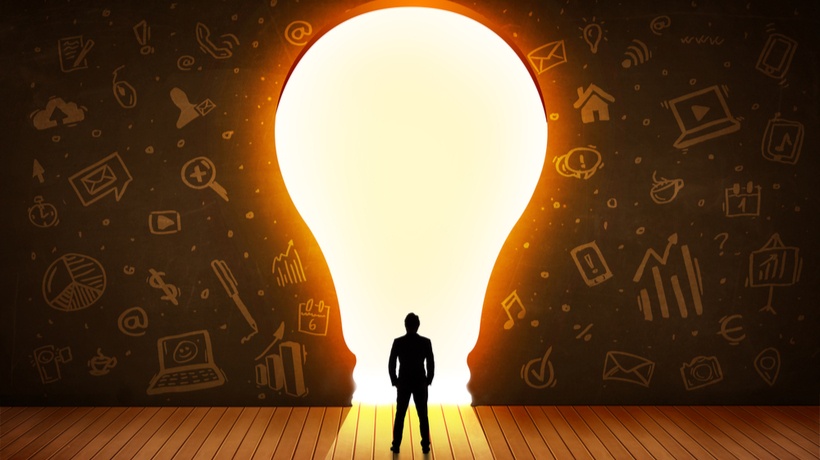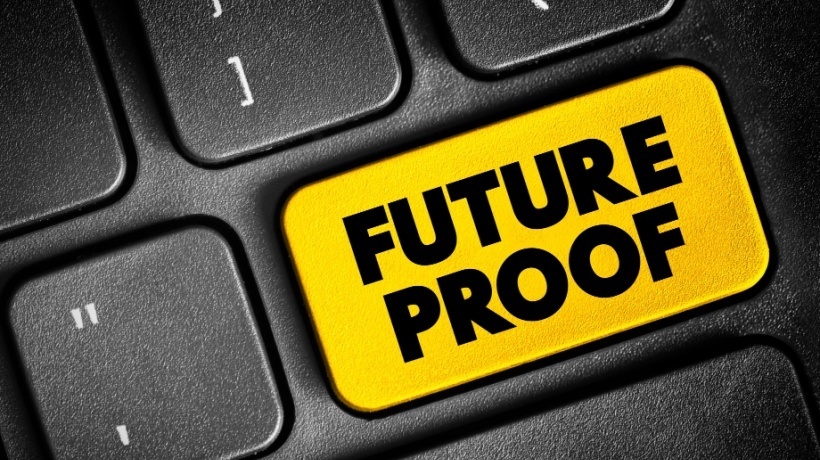Thinking Differently & Leveraging Digital Are Key
The future of work is here! The volume, velocity, and complexity of change brought by digitization, rapidly advancing technologies such as AI and quantum, along with demographic shifts, climate change, and the pandemic, have changed the way we work today and will continue to change the leadership skills we need to survive and thrive in 2030 and beyond. While some skills are foundational, the workforce will need several new skills, 56 to be precise, to succeed in this rapidly evolving work environment.
Several organizations and their teams have been researching the type of skills the workforce will need in 2030. Part of this research was conducted in separate studies by Harvard Business Review [1], PriceWaterhouseCoopers [2], and McKinsey & Company [3], among others. This article is the first in a series of ten articles exploring these skills and providing actionable steps on how Learning & Development teams can incorporate them into their eLearning and talent development programs. First, let’s explore the four broad categories of skills the workforce will need to navigate highly digitized environments driven by AI and quantum: thinking differently, managing self, managing others, and leveraging digital.
4 Leadership Skills To Help You Thrive In The Future
Thinking Differently
A primary set of skills under the umbrella of thinking differently include several specific cognitive skills, including developing a growth mindset, understanding biases, storytelling, asking questions, and working with agility. In her seminal research on growth mindset, Stanford Professor Carol Dweck found that children who embraced the word “yet” achieved more than others. Developing a growth mindset implies that we embrace change as part of the journey versus hiding away from it or fearing it. Developing a growth mindset signifies the belief that one can develop more intelligence and achieve more with hard work and effort. A growth mindset drives a distinct desire to learn more and embrace challenges as part of the journey. People with a growth mindset persist in the face of setbacks and don’t give up, see effort as the path to mastery, and are not afraid to work harder and smarter.
Additionally, understanding biases ultimately helps us make better decisions by outsmarting the way our brain has been conditioned to think. Understanding biases is complex and requires practice and self-knowledge. Asking great questions that are open-ended and begin with “why,” “how,” and “what” is also a powerful skill because it allows us to think of new solutions to old problems, thus improving the decision-making process.
Managing Self
Managing self is a foundational skill that we have used for thousands of years, as Socrates instructed us to “know thyself.” What changes today are the contexts within which we strive to understand our own emotions and triggers, which are highly digitized and overloaded with stimuli and information. Self-care and wellness, courage and risk-taking, driving change and innovation, as well as developing grit and persistence against uncertainty and rapid change also fall under this umbrella.
In her research and book Grit, Professor Angela Duckworth defines grit as the ability to “stick with things over the very long term until you master them" [4]. In her research of students at an Ivy League school, Duckworth found that people who were not as bright as their peers compensated by working harder and being more determined. Ultimately, their effort paid off, and they achieved the highest GPAs. Several elements in managing self are grounded in both the long term and life-long learning. Having embraced a growth mindset, we continuously learn new things about ourselves and our environments, and we apply the learnings to navigate the unknown.
Managing Others
Building upon our ability to think differently and manage ourselves, we become better at managing others. That requires several skills, including practicing empathy, resolving polarities, fostering inclusiveness, and practicing empowerment and motivation. Underlying all these skills is the ability to build trust. As leaders, we can build trust with our teams when our values, words, and actions align. In their Harvard Business Review article, Frances X. Frei and Anne Morriss state that to demonstrate this alignment of values, words, and actions and build trust, people must think they interact with the real leader, have faith in the leader’s judgment, and believe that the leader cares about them [5].
Empathy is another important leadership skill that is a critical cornerstone in design thinking. It is used to understand user experience, which is essential to developing and delivering any product or service [6]. This video from IDEO, a leading design thinking organization, shows that empathy is about walking in another person’s shoes and trying to see, hear, and feel what that person sees, hears, and feels [7]. As machines become ubiquitous in the way we live and work, human skills will become even more critical to master.
Leveraging Digital
According to research conducted by PwC, after surveying 10,000 business leaders globally, 37% worry that automation is putting jobs at risk, whereas 74% are ready to learn new skills to navigate the digital workplace and remain employable in the future [2]. Under the umbrella of leveraging digital skills fall most new skills; therefore, we need to learn fast. Such digital skills include digital, programming, data, and cybersecurity literacy; digital collaboration and digital ethics; data analytics and depiction; translating business needs to tech enablers and vice versa. Understanding the fundamentals of rapidly advancing technologies such as AI, machine learning, and quantum will become increasingly important as machines become more intelligent. Leaders must own the automation debate and share the responsibility with IT and Human Resources to be effective in developing a successful and actionable talent development and upskilling strategy.
Ready For The Future?
2030 is not that far away. As changes, threats, and digitization accelerate, so must our ability to upskill the workforce. Upskilling will require programs that focus on learning numerous leadership skills under the four broad categories examined in this article: thinking differently, managing self, managing others, and leveraging digital. The upcoming articles under this series will dive deeper into these four categories and explore strategies and tactics to build upskilling programs that inspire and empower the workforce to prepare for 2030. It will be equally critical to develop such upskilling programs within possible contexts and new work scenarios that explore different dynamics, threats, and opportunities.
References:
[1] 4 Ways to Bridge the Global Skills Gap
[2] Workforce of the future: The competing forces shaping 2030
[3] Defining the skills citizens will need in the future world of work
[4] Angela Duckworth and the Research on 'Grit'
[5] Begin with Trust
[6] Design Thinking









